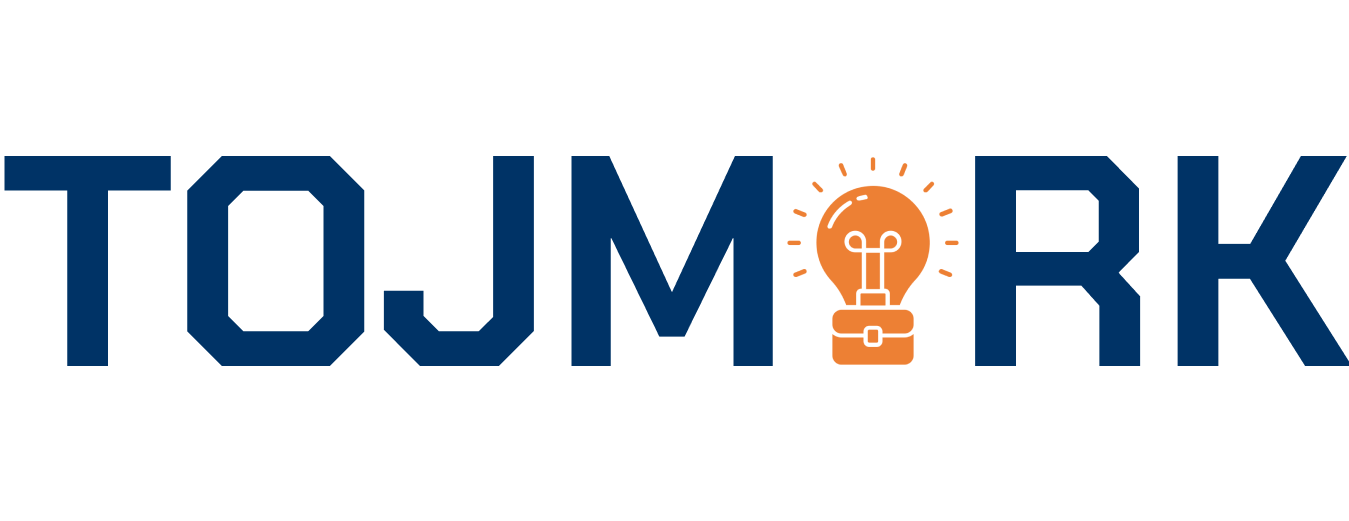Blockchain is often associated with cryptocurrency, but in 2025, its influence extends far beyond finance. In the context of digital marketing, blockchain introduces new dimensions of trust, security, and transparency, which are becoming increasingly valuable as businesses compete to earn customer confidence in a competitive digital world.
Strategic functions, such as checking ad impressions, authenticating customer data, and managing customer interactions, are transforming how companies work with their audiences and gauge their success using blockchain. We shall discuss how this technology is shaping the future of marketing.
Why Trust & Transparency Matter in Digital Marketing
Consumers today are more cautious than ever:
- Ad Fraud Costs Billions: Fake clicks and bot traffic drain ad budgets.
- Data Privacy Concerns: Customers would like to know how their data is gathered and used.
- Clarity Requirements: Viewers like transparent and ethically run brands.
The blockchain is useful in addressing these difficulties because it develops systems that are immutable, verifiable, and decentralized.
1. Combating Ad Fraud with Blockchain
Digital ad fraud is a major issue, with fake clicks inflating metrics and wasting spend. Blockchain provides verifiable ad tracking:
- All the impressions or clicks are documented on a ledger, which cannot be tampered with.
- Advertisers are able to verify that their budget is engaging real humans and not bots.
- Ad data is more transparent, and publishers create a deeper level of trust.
2. Transparent Supply Chains in Advertising
The marketing campaigns are usually transited via several intermediaries (agencies, ad networks, publishers). This complexity creates blind spots. Blockchain:
- Offers an effective audit trail of all transactions.
- Minimizes fraudulent charges and misrepresentation.
- Helps brands make sure their adverts are on reputable sites.
3. Data Privacy & Customer Empowerment
With consumers being conscious of their personal information, blockchain will allow:
- Data sharing at the user level is based on the customer’s choice of the person accessing the information.
- Safe storage using decentralized networks and minimizing risks of data breach.
- Rewards systems in which customers get tokens in case they willingly provide data.
This will not only develop trust but also develop value exchange models where both the brands and the customers will gain.
4. Smart Contracts in Marketing
Smart contracts are self-executing blockchain agreements. In their case, with regard to marketing, they streamline:
- Influencer campaigns – payments are not made until the deliverables are achieved.
- Affiliate marketing – commissions are fairly paid and automatically monitored.
- Content licensing – brands have the ability to handle copyrights and usage rights safely.
5. Loyalty Programs Powered by Blockchain
Traditional loyalty programs are disjointed and in many cases non-flexible. Blockchain enables:
- Interoperable tokens that can be used on different platforms by customers.
- Incentives that are impossible to copy or crack.
- Increased participation as users believe in the justice of the system.
The Future of Blockchain in Marketing
The integration of blockchain and digital marketing tools is likely to continue increasing in the coming years. Expect to see:
- Decentralized identity systems provide complete freedom to their customers to manage their online profiles.
- Analytics that guarantee proper reporting without manipulation by the use of blockchain.
- Increased adoption in programmatic advertising for fraud-free campaigns.
Conclusion Blockchain is not just a buzzword, but it is also one of the practical solutions to ensuring a greater level of trust, transparency, and accountability in digital marketing. The brands that adopt blockchain today will emerge as the leaders in ethical practices, transparency, and establish more relationships with the customers and partners.





